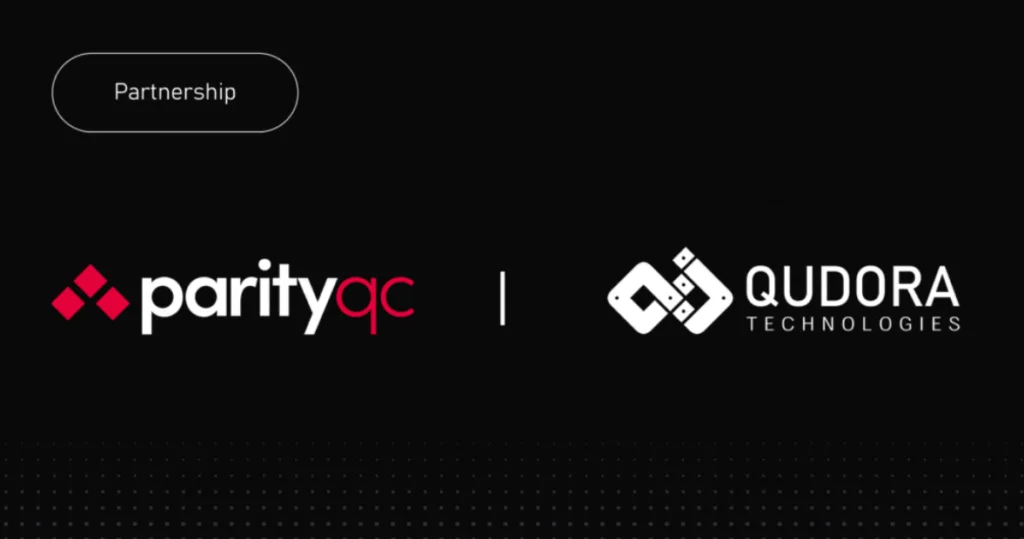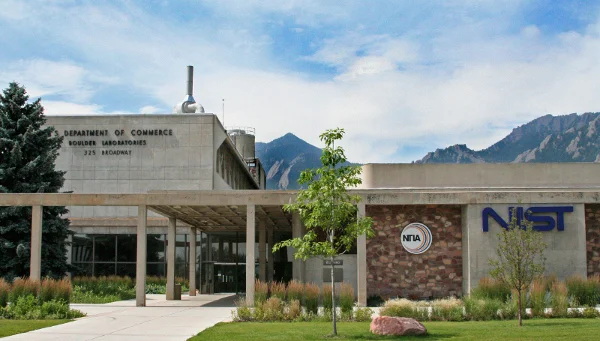Insider Brief
- planqc and d-fine win a contract worth about a million euros to use quantum machine learning for the improvement of climate models.
- These models could be used for more precise climate predictions and creating ways to mitigate the effects of climate change.
- This s is already the second order from DLR for planqc.
PRESS RELEASE — planqc and d-fine were commissioned by the German Aerospace Center (DLR) to improve climate models using innovative quantum machine learning techniques as part of the DLR Quantum Computing Initiative (DLR QCI). The contract is worth around one million euros and aims at enabling more precise climate predictions and robust strategies for mitigating the effects of climate change.
For planqc, this is already the second order from DLR, after winning an international tender worth 29 million euros for building Europe’s first digital quantum computer based on neutral atoms.
As pioneers in their respective fields, planqc and d-fine are combining their expertise to achieve groundbreaking advances in climate modeling together with researchers at the DLR Institute of Atmospheric Physics (DLR-IPA).

Based in Munich’s Quantum Valley, planqc was founded in 2022 by renowned scientists from the Max Planck Institute for Quantum Optics (MPQ) and the Ludwig Maximilian University of Munich (LMU). At the same time, d-fine has established itself as a leading European management consultancy for analytical topics, preparing companies and financial institutions for the upcoming quantum revolution. planqc and d-fine will improve climate models using quantum machine learning withing the DLR Klim-QML project, which is based at the DLR Institute of Atmospheric Physics and part of the DLR Quantum Computing Initiative (DLR QCI). This work intends to reduce climate forecast uncertainties such that recommended actions for combating the global climate crisis via policy changes in aviation, space travel, transport and energy become more reliable.
“We are very proud that the DLR relies on planqc as a technology leader in the field of neutral atoms to develop quantum algorithms for climate simulation. This underlines our aspiration to be a full-stack provider, co-designing quantum algorithms and hardware for achieving a quantum advantage for our customers as early as possible,” says Martin Kiffner, Head of Algorithms at planqc.
Martin Kiffner is considered one of the world’s leading quantum technology experts. He recently moved from the University of Oxford to planqc, where he leads the quantum algorithm team. Together with the scientific advisors Prof. Dr. Dieter Jaksch (Oxford University and University of Hamburg) and Prof. Dr. J. Ignacio Cirac (Director at MPQ), planqc has a globally recognized quantum algorithms team that supports and consults customers in the implementation of quantum algorithms.
Combining machine learning and quantum computing for improving climate models is a highly innovative project with relevance in society as a whole. The fact that d-fine was selected together with planqc to support the DLR in this ambitious project confirms the company’s leading role in these disciplines. For example, d-fine is a founding member of the PlanQK consortium, which was established in 2020 and is funded by the Federal Ministry for Economic Affairs and Climate Protection. The d-fine team develops and implements quantum machine learning applications for various use cases, thereby pioneering this emerging new sector of the German economy. Improved climate models are crucial for making more precise predictions about climate developments. This helps to better understand the potential impacts of different aspects of the climate crisis, thereby enabling well-founded risk assessments regarding extreme weather events, sea level rise and other climate-related changes. Improved models are crucial for developing more effective adaptation and mitigation strategies for a better and more sustainable future.
Specifically, this ambitious project aims at improving atmospheric modeling by eliminating systematic errors in climate models using machine learning. This is supported by the use of a high-resolution version of the Icosahedral Non-Hydrostatic Model (ICON), in which complex processes such as cloud formation and convection are explicitly represented. We also hope to significantly accelerate the development process of climate simulations.
Quantum computers are considered a disruptive technology that will in the future offer the possibility of carrying out calculations and simulations in certain areas much faster than classic supercomputers. Quantum computers can be used, for example, to design new materials or medicines, as well as to solve complex problems in the transport and energy sectors or in finance. Quantum computers use the quantum mechanical effects of entanglement and superposition: their quantum bits (qubits) can assume the states 0 and 1 at the same time – and not just sequentially, like classical computers. This makes quantum computers extremely powerful.
The application areas identified by DLR include, for example, quantum machine learning, optimization problems and the simulation of quantum materials. Through its own research activities, DLR has identified a clear need for the future use of quantum computers in all of its core areas such as aerospace, energy, transport, security and digitalization.
The start-up planqc was founded in April 2022 in Garching near Munich, Germany. The founding team builds on decades of groundbreaking research and technology development at the Munich Max Planck Institute for Quantum Optics (MPQ). Using optical gratings, a technology developed in Munich, thousands of atoms can now be trapped in a light crystal produced by a single laser beam. Quantum information is stored in the electronic states of alkaline-earth atoms, the same states used to build the world’s best atomic clocks because of their exceptionally long coherence times. This unique combination of quantum technologies has the potential to scale fastest to thousands of qubits with outstanding gate quality, a prerequisite for an industrially relevant quantum advantage.
The success of d-fine is based on the expertise of its 1,500 employees: all of them have a university degree with a sound research background, 90% of them in the fields of physics, mathematics and computer science. 50% of our employees have a doctorate, which is also true in the excellent rank in the CASE employer ranking for employee qualifications. d-fine supports its customers from strategy development to technical conception and the development of preliminary studies and prototypes, through to IT implementation and go-live, and places the highest value on close, trusting and fair cooperation.
If you found this article to be informative, you can explore more current quantum news here, exclusives, interviews, and podcasts.














